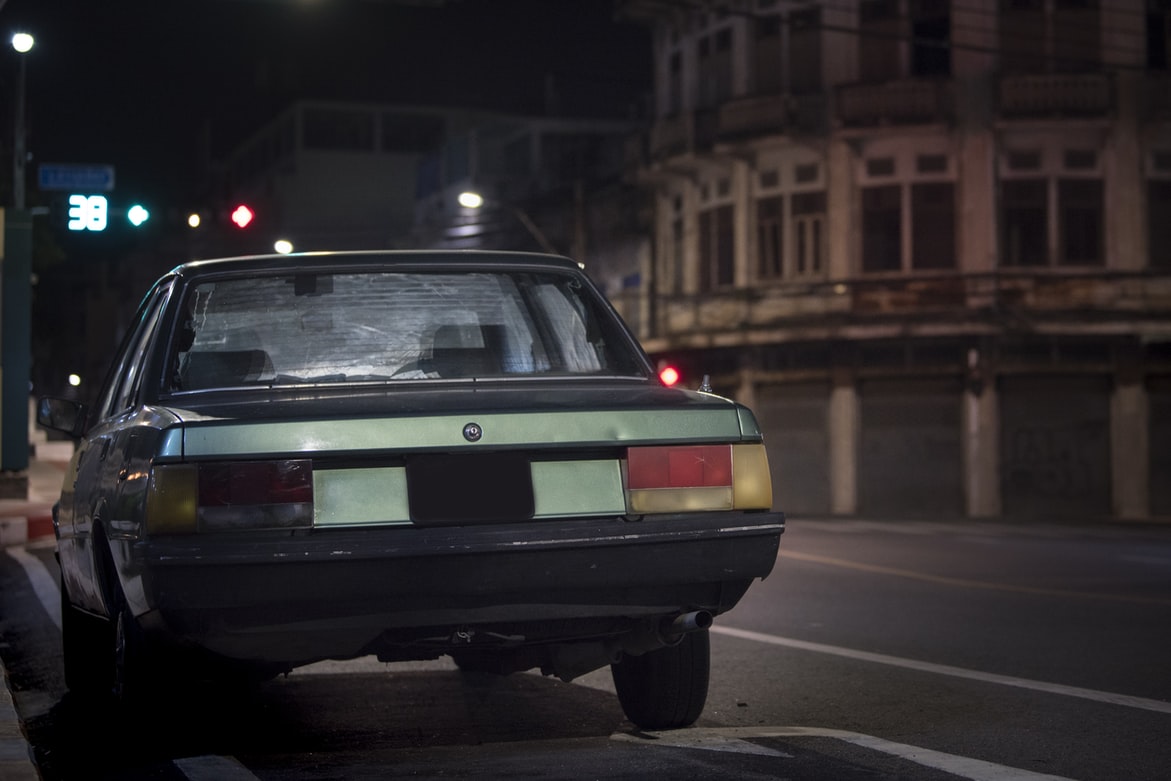Commonwealth v. Daveiga: The Next Review of Pretextual Traffic Stops
 “Where the police have observed a traffic violation, they are warranted in stopping a vehicle.” The Supreme Judicial Court made this statement more than thirty years ago, summarizing what came to be known as a basic premise of operating a motor vehicle in the United States.
“Where the police have observed a traffic violation, they are warranted in stopping a vehicle.” The Supreme Judicial Court made this statement more than thirty years ago, summarizing what came to be known as a basic premise of operating a motor vehicle in the United States.
Fifteen years later, the court clarified that whether the traffic violation is the real reason for the stop doesn’t matter. Police may stop someone based on reasonable suspicion, or even a hunch, that someone in the car is involved in criminal activity, so long as a traffic violation occurred. Since police may follow a car until they observe a violation of any section of the detailed state or municipal traffic codes, they are in practice all but guaranteed an opportunity to legally stop any vehicle on the road.
As the court expressly recognized in Commonwealth v. Buckley in 2018, this rule has often given rise to traffic stops based on racial profiling. Two years later, in Commonwealth v. Long, the court made it easier for defendants to suppress evidence arising from racially-motivated traffic stops. The court held that if the defendant can establish—using any facts from the totality of circumstances surrounding the stop—a reasonable inference that the decision to initiate the stop was motivated by race or another protected class, and the Commonwealth cannot rebut the inference, then the evidence will be suppressed.
The court took a necessary and appropriate step in protecting defendants’ equal protection rights in Long. However, it declined (as it did in Buckley) to do away with pretextual traffic stops entirely. Concurring in Long, Chief Justice Budd (at the time, Justice Budd), joined by Justice Lenk, concluded that pretextual stops are unconstitutional under Article 14 of the Massachusetts Declaration of Rights, which protects against unreasonable searches and seizures. Instead of authorizing pretextual stops, she wrote, the court should adopt a “would have” test: that is, would a reasonable officer have made the stop purely for traffic enforcement reasons? If no, then the stop was pretextual, unreasonable, and therefore unconstitutional.
This month, the court has once again been presented with an opportunity to address pretextual traffic stops in Commonwealth v. Daveiga. The defendant was in the backseat of a car that was double-parked on a one-way street. A police officer pulled within inches of the car in the narrow passing space and told the driver, “you guys are blocking the street.” The driver said he was waiting for a friend, but would move the car and park in an open spot. The officer told the driver this was fine and backed up to allow the car to pull away. Then the officer watched as the car passed several open parking spots and turned left. This, thought the officer, was suspicious: if the car was going to circle back to pick up a friend, it was more efficient to turn right than left. The officer knew the defendant and had noticed the defendant was silent during the encounter, which the officer thought was out of character. Based on these observations, the officer decided to pull the driver over, using the double-parking violation as justification. During the traffic stop, the police noticed a gun at the defendant’s feet.
The defendant and amici (a single-brief coalition of CPCS, the ACLU, the New England Innocence Project, the Charles Hamilton Houston Institute for Race & Justice at Harvard Law School, and the Massachusetts Association of Criminal Defense Lawyers) have asked the court to use the case to rule that pretextual stops violate Article 14. The amicus brief requests that the court adopt the “would have” test put forward by Chief Justice Budd in Long, and highlights the continuing disparate impact of pretextual stops on people of color. The defendant’s brief notes that pretextual stops “are in direct conflict” with the objective of Article 14, and counsel at oral argument requested that the court adopt the “would have” test. Even the Commonwealth’s brief states that although authorized pretextual stops are “the state of the law, it is concerning and does not appear consistent with the values espoused by the highest court in our Commonwealth or the will of people of Suffolk County.” Although the Commonwealth has not previously argued that pretextual stops violate Article 14, it raised concerns about how the objective test for pretextual stops affects equal protection claims in Long.
The SJC could decide this case in such a way as to avoid addressing the constitutionality of pretextual stops entirely. Because the facts of the case involve two distinct encounters with the police over the same traffic violation, the court could decide the case on the narrow ground that the police resolved the violation during the first encounter, and therefore had no valid reason – pretextual or not – to authorize pulling the car over. Such a decision would hold that there is a constitutional limit to police relying on prior or resolved traffic violations to pull a car over, but would not require addressing pretextual stops more broadly.
Regardless of the outcome of the case, Commonwealth v. Daveiga is unique in that the briefs voice a unified concern over pretextual stops. This case is a significant opportunity for the current court to respond to this concern, and to follow Chief Justice Budd’s lead in finding pretextual stops unconstitutional.
If you have been arrested or are facing criminal charges, contact our criminal defense attorneys at (617) 742-6020.
 Boston Lawyer Blog
Boston Lawyer Blog






